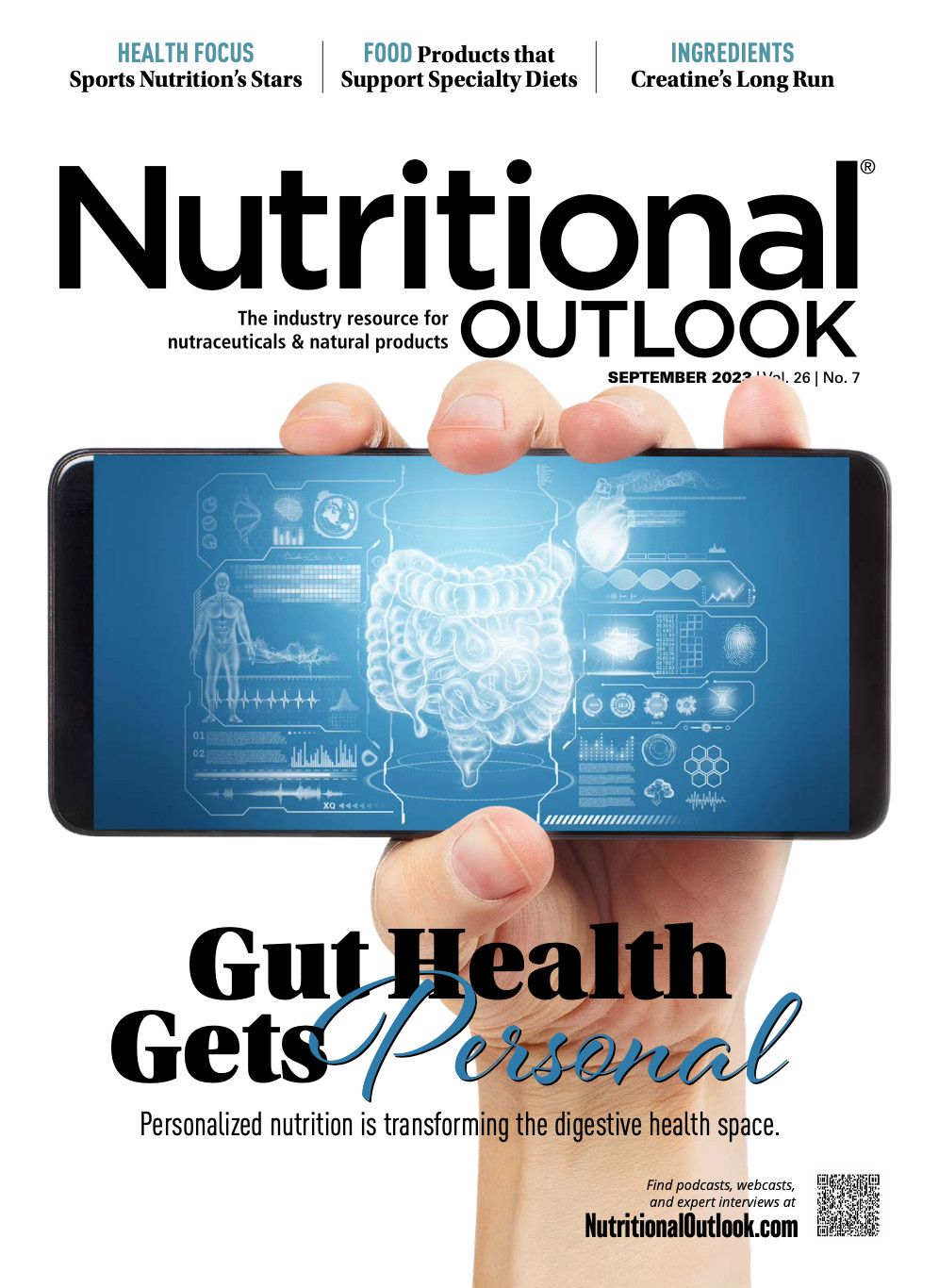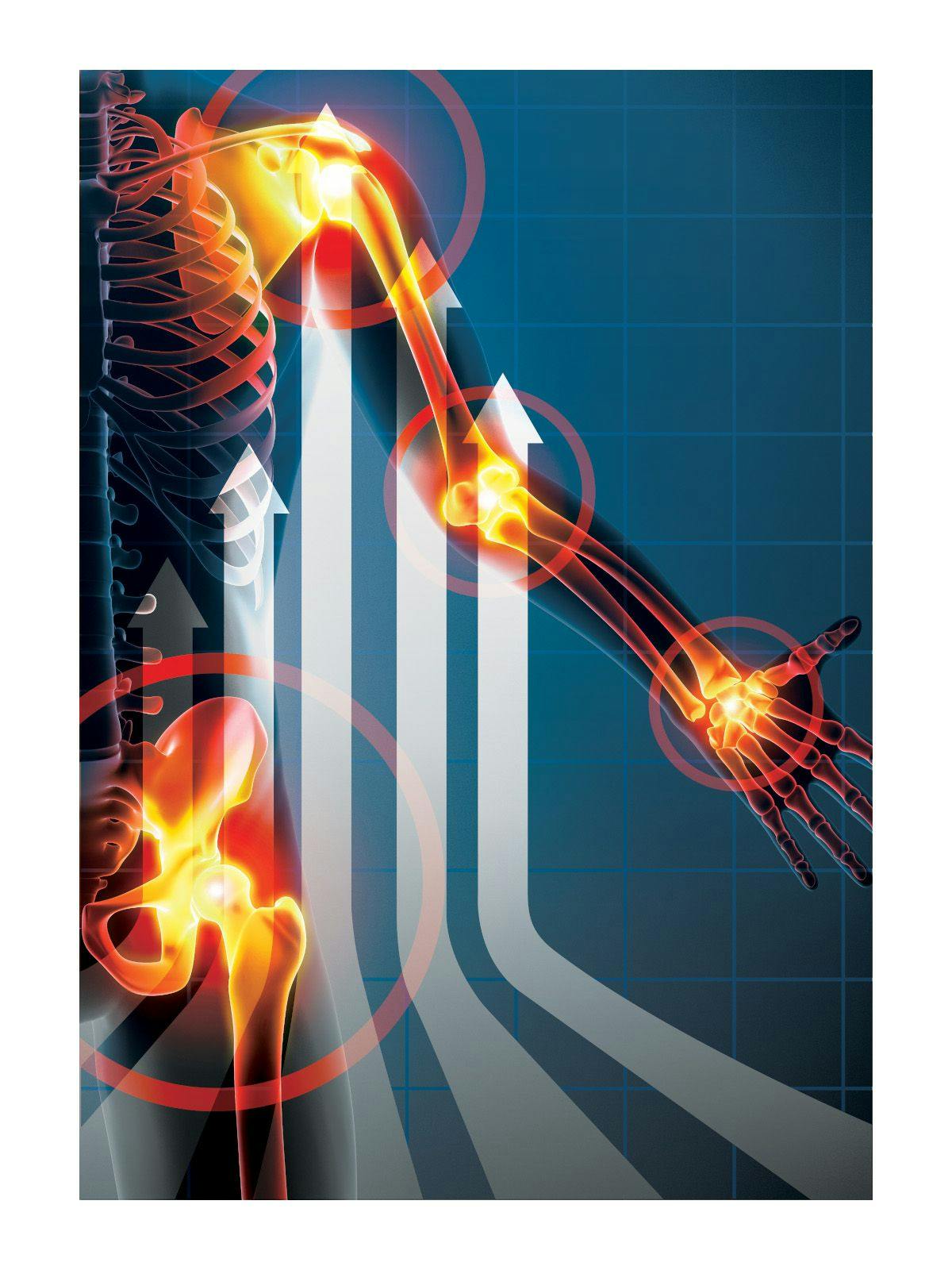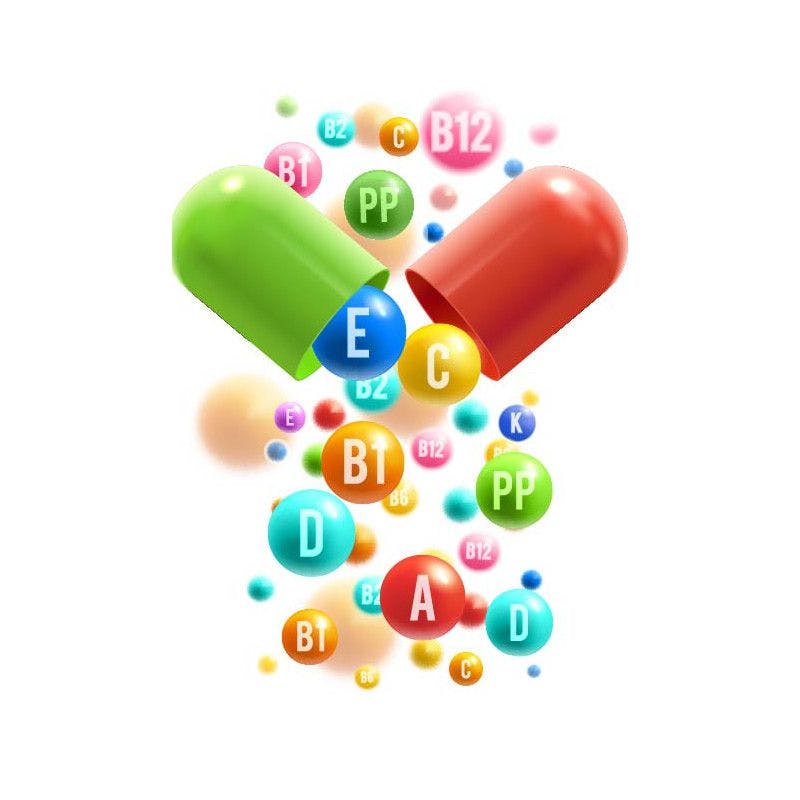From barriers to breakthroughs: Pioneering multifunctional nutritional solutions for the health-conscious consumer
New data from Nutiani and Ipsos outline what customers want in well-being products today.
Consumers’ attitudes toward nutrition’s role in their health is ever-evolving. As shoppers begin to look at nutritional solutions differently—and, for some, as a regular part of their daily routine—they are facing new barriers to finding products to meet their current needs.
To explore the evolving consumer landscape, Nutiani and Ipsos teamed up to conduct two different surveys spanning seven countries, including the U.S., aimed at gaining a better understanding of the top consumer health and well-being concerns. With over 5000 participants in each survey, the Ipsos Nutiani Insights Report: The Global State of Health & Well-Being (Volume 1) provides critical insight into U.S. consumer well-being priorities and how nutrition plays a role in the holistic health picture, whereas the Ipsos Nutiani Insights Report: The Global State of Health & Well-Being (Volume 2) uncovers five different health-conscious consumer segments that reflect the varying perceptions, awareness, motivations, and attitudes toward nutrition and overall well-being.
The research unveiled that U.S. consumers are looking for new, proactive, and convenient ways to support their health and well-being goals, ones that support a more well-rounded approach. In fact, 92% of consumers are looking at being healthy more holistically—brain and body.
An Interconnected, Holistic Health Approach
The data showed that more consumers are becoming more sophisticated in their understanding of mental, physical, and inner well-being as equally essential components of overall health. Nine in 10 survey participants believe that physical and mental well-being can impact other aspects of their health. Health-conscious consumers see the connection between the physical body, cognitive health, digestive health, and skin health that must be addressed to strive for long-term optimal health and disease prevention. While cognitive health was reported to be a pivotal component of well-being for consumers, with 84% reporting that it was their first priority, they also recognize that all aspects of well-being are important.
This whole-self approach has led to consumers opting to be more proactive in their health, with the goal of preventing future issues. Results showed that 94% of U.S. consumers are regularly taking actions to manage their health. The survey also showed that 86% of consumers believe that eating a well-balanced diet is key to preventing major illnesses.
The demand for holistic nutrition solutions that offer combined benefits for physical, mental, and inner well-being is on the rise, with over 60% of Americans seeking products to help them manage multiple aspects of their health. With more than half of U.S. consumers becoming ingredient savvy and aware of what is in nutritional products, the source and claimed health benefits of products can either spark consumer interest for trial—or lead them to put the product right back on the shelf.
The report found the three main ingredients consumed for well-being management are: 1) vitamins and minerals, 2) proteins, and 3) probiotics. Consumers are looking for ingredients that have proven health benefits in convenient formats such as capsules, tablets, or ready-to-drink beverages. This presents an opportunity for brands to leverage clinically approved ingredients in their formulations and to utilize this as a promotional tool.
While it’s encouraging to see so many consumers now taking preventative measures when it comes to taking care of their health at a younger age, the data point out that a few barriers still remain:
- Many consumers are placing their trust in their natural diets alone and do not believe that the existing nutrition solutions on the market will provide any health benefits.
- Affordability is always a factor, and many consumers feel that specialty health and nutrition product formulations are too expensive to be purchased regularly.
For brands looking to break through these barriers, they should choose recognizable food and beverage formats, such as yogurts, snack bars, or ready-to-drink beverages. Potential customers may need to be educated on the nutritional value for money and the clinically proven health benefits of the product’s ingredients.
Embrace Individuality in Health and Well-Being Solutions
There is no one-size-fits-all when it comes to a healthy lifestyle. Just as nutrition should be individualized, product formulations should also be personalized to meet health-conscious consumers’ varying needs and preferences.
The second part of this series, Ipsos Nutiani Insights Report: The Global State of Health & Well-Being (Volume 2), identifies five distinct segments of health-conscious consumers. There are a few themes that hold true across these consumer segments:
- They see the importance of living a healthy, holistic lifestyle and finding a balance to help them live life to the fullest.
- They understand that the brain and body are intertwined and that one cannot be addressed without giving attention to the other.
- They understand the importance of the gut-skin-brain connection and the stress-sleep cycle.
- There are still knowledge gaps among consumers as they struggle to find sources they can fully trust.
Segment #1: Proactive Pursuers (27% of global consumers)
The largest, most proactive and highly engaged of the segments, they prefer less-processed products with added functional benefits. They are well-researched and take a scientific approach toward nutrition and are ready to pay more for healthier products.
Segment #2: Balanced Seekers (22% of global consumers)
This group of consumers takes a balanced, sensible, informed, and more relaxed approach to their health. Happy in their place in life, they recognize that there are factors beyond their control and enjoy eating a varied diet.
Segment #3: Practical Worriers (20% of global consumers)
Most are concerned about their health, but Practical Worriers are not as proactive at health management as other groups. They sometimes feel guilty about their nutrition but are often unable to invest time and money into their well-being.
Segment #4: Activity Seekers (14% of global consumers)
Primarily focused on physical activity to manage well-being, this consumer group views nutrition as a secondary solution to fuel their activity. They are open to trying new diets or products to boost their athletic performance.
Segment #5: Relaxed Cosmopolitans (16% of global consumers)
This group of young consumers believes that their lifestyle and time are barriers to doing more for their health, although they might like to do so. They don’t put that much thought into their food choices, but sustainable manufacturing is a priority.
The Next Innovation for Brands
Multifunctional, convenient, affordable, science-backed, and trustworthy. The current well-being nutrition market is crowded and confusing, yet there remains ample opportunity to innovate and take solutions to the next level.
Consumers are seeking nutrition solutions that address more than just one of their well-being concerns. Brands should be looking to combine benefits, such as immunity + mood, or stress + weight, into flavorful products using clinically proven ingredients. Ingredients like probiotics and phospholipids have the scientific backing and fit into a multitude of food and beverage formats, making them appealing options for brands to include in their next innovative product.
About the Author
Charlotte Ortiz leads the Nutiani brand for the Active Living Nutrition team at Fonterra (Auckland, New Zealand). She is responsible for creating and accelerating the company’s marketing strategy and brand recognition across the globe. She is focused on driving the brand’s purpose of helping people live longer, healthier, more fulfilling lives through marketing programs and thought-leadership initiatives that promote Nutiani’s unique product innovations. Originally educated and trained in France, she holds an engineering degree in food sciences and nutrition as well as an MSc in business administration. She has worked in the food industry for over a decade, holding various roles at B2B and B2C companies in Europe, Asia Pacific, and North America.
Nutiani is a B2B well-being nutrition brand that offers end-to-end solutions to accelerate brands’ innovation pipelines. Launched by Fonterra, one of the world’s leading dairy companies, Nutiani combines high-performing, science-backed specialty ingredients; consumer-tested concepts; and expert services to support longer, more fulfilling, and healthier lives.

Prinova acquires Aplinova to further increase its footprint in Latin America
April 7th 2025Prinova has recently announced the acquisition of Brazilian ingredients distributor Aplinova, which is a provider of specialty ingredients for a range of market segments that include food, beverage, supplements, and personal care.




















